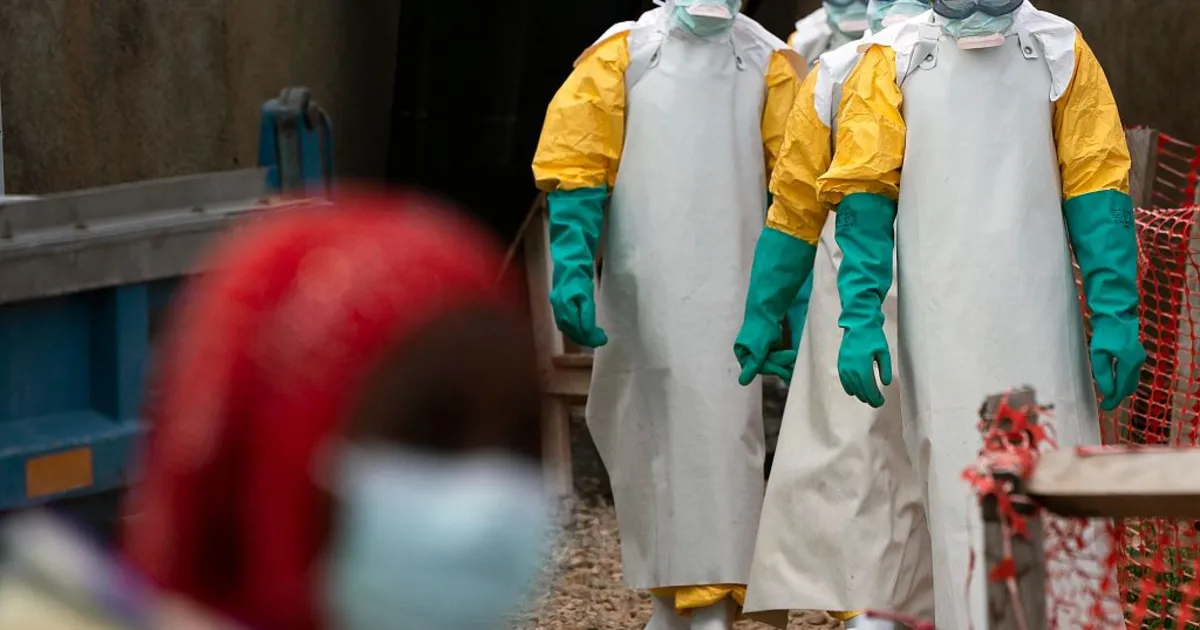
The Democratic Republic of Congo is currently facing a serious health crisis as a new outbreak of Ebola has been confirmed. Health officials have reported eleven additional cases in the Bulape Health Zone of Kasai Province, contributing to a total of 57 reported cases as of September 21, 2025. This alarming situation includes 47 confirmed and 10 probable cases, highlighting the urgent need for effective health interventions.
The ongoing Ebola outbreak is concentrated in six health areas: Bambalaie, Bulape, Bulape Communautaire, Dikolo, Ingongo, and Mpianga. The outbreak has already claimed 35 lives, with 25 confirmed deaths and 10 probable ones, leading to a staggering overall case fatality ratio of 61.4%. Among the reported cases, five health workers are included, underscoring the risks faced by those on the front lines of this health crisis.
The affected population ranges widely in age, from infants to individuals aged 65 years. Notably, children aged 0–9 are particularly vulnerable, representing 23% of total cases. The gender distribution reveals that females account for 61% of the cases, with a case fatality ratio of 56% among women compared to a higher rate of 73% among men. Key vulnerable groups have been identified, including children, housekeepers, and farmers, who are disproportionately affected by this outbreak.
According to the Africa Centers for Disease Control and Prevention, the outbreak has resulted in at least 16 deaths and 68 suspected cases since its announcement earlier this month in Bulape. In response to this urgent crisis, only 400 initial doses of the Ervebo vaccine have been dispatched to the region, with additional doses expected to arrive shortly. The World Health Organization (WHO) has indicated that vaccination efforts are encountering significant challenges due to limited access and funding. However, the International Coordinating Group on Vaccine Provision has approved an additional 45,000 vaccines to help control the outbreak.
This outbreak marks the 16th instance of Ebola in the Democratic Republic of Congo since the disease was first identified in 1976. The strain responsible for the current outbreak is attributed to the Zaire species of the virus, which is known for its high mortality rates. The situation is further complicated by ongoing conflicts involving rebel groups, particularly in the eastern regions of the country, which have severely impacted the healthcare system and the ability to respond effectively to such health crises.
The Democratic Republic of Congo is at a critical juncture in managing this Ebola outbreak. With increasing case numbers and a high fatality rate, it is imperative that health officials continue to mobilize resources and implement effective vaccination campaigns. Community awareness and support are essential in combating the spread of this deadly virus and protecting the most vulnerable populations.